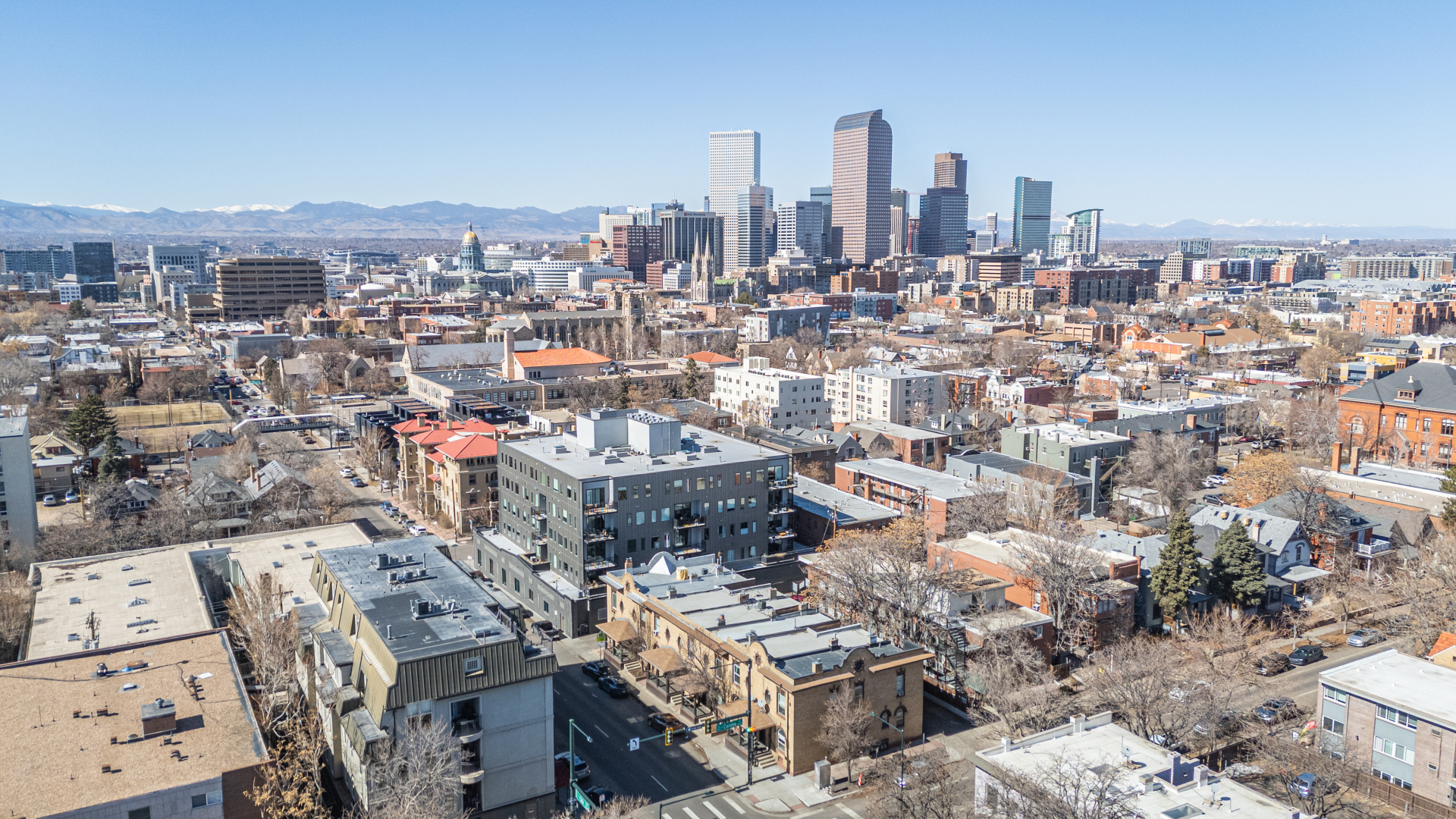Home Owner Association: What You Need to Know Before you Buy
If you live in the suburbs, a new housing development or in a condominium, you are probably all too familiar with an home owner association.
For some, a homeowner’s association is a lifesaver; for others it’s an onerous necessity of being a homeowner. According to HOA-USA, there are over 351,000 homeowner associations in the United States. Collectively, this represents over 40 million households or 53% of the owner occupied households in the America. About 70 percent of all homeowner associations are managed by volunteers.
HOAs rose to prominence beginning in the 1960s when people began moving out of the cities and into the suburbs with their growing families. Most HOAs are originally established by the real estate developer to market, manage and sell homes and lots in a residential area. The developer will usually turn the ownership over to the homeowners once the predetermined number of lots are sold. Prior to that time, the developer will dictate which builders are allowed to construct homes and what style of homes will be erected in the area.
Once the developer relinquishes ownership to the homeowners, they take over the organization and enforce/modify regulations which all homeowners must follow. Typically homeowners are a charged monthly, quarterly or yearly fee and must follow rules regarding property upkeep, noise abatement, do’s and don’ts on structural additions and other visual requirements to maintain consistency in the community.
Multi-family properties including condominiums, townhomes and duplexes are more than likely to have homeowner’s associations in place. Much like living in an apartment, there are covenants by which the owners must abide. The HOA typically covers of the cost and upkeep of many amenities in the building or on the grounds.
Jenny Usaj, board member of the Glass House HOA, offers the following insight on homeowner’s associations and how they operate.
What is a homeowners association and what is its purpose?
Homeowners associations are a group of property owners who help manage and maintain a group of homes or condos within a certain neighborhood or condo building. The association’s purpose is to keep property values up and provide governing documents on how members must maintain and upkeep their homes.
Why would someone want to purchase a home governed by an HOA?
Depending on how well the HOA is managed, buyers feel confident that their building and neighborhood are being maintained and managed. Also, these associations guarantee certain standards are met relative to upkeep, appearance and quality of life. Depending on what’s included in the homeowner’s association fee, residents don’t have to worry about snow removal, a late night party or neighbors displaying multiple cars/RVs in the driveway.
How much can you expect to pay for an HOA? Is it billed monthly or yearly?
HOA payments vary greatly. Some payments are based upon square footage and some are flat rates. Usually HOA fees are quoted monthly, but can be billed quarterly or yearly. For example, a larger 7,500 square foot home in Cherry Hills Farm carries close to a $1,000 quarterly fee. A 690 square foot condominium in The Glass House has a monthly fee of $345 a month. When considering buying a home or condo, it’s important to ask if there is an HOA and what the fee is in order to calculate your monthly costs (mortgage, utilities, insurance, etc.) in buying a home.
What is typically included in an HOA? What guidelines/rules are typically found in an HOA?
Association payments include a variety of costs. These costs might include utilities like water, trash, sewer, and electric/gas. In high rises, they also might include a technology package for cable and internet. Additionally, some buildings also include maintenance fees for pools, landscaping and general exterior maintenance. In subdivisions, the HOA fee may include use of a the clubhouse facility/pool, snow removal (i.e. a gated community), security, fence upkeep and landscaping/maintenance. There can be strict guidelines on “quiet hours,” parking, vehicles in driveways, types of vegetation you may plant and accepted colors when painting your house.
What are the advantages in belonging to an HOA?
Having things maintained and common areas like parks and pools maintenanced and serviced. HOA governs aesthetics of the homes, which could prohibit your neighbors from painting their house pink. Aesthetics are managed so you can be assured lawns are mowed and maintained (i.e. no weed infested and overgrown lawns), limits on vehicles in view and noise restrictions.
What are the disadvantages of an HOA?
Not being able to paint your house pink! Living in an HOA requires residents to be held accountable and understanding the restrictions under which you live. Typically, you’re not going to be able to keep your boat or camper in the driveway or have a late night party or construct a home addition without approvals. If you don’t like following set rules, you may feel squeezed living in a neighborhood governed by an HOA.
How much do the fees generally increase over time?
There is no set amount on how much dues can increase over time. Some HOA’s have limitations in their governing documents about exactly how much per year, but there is no set amount. Usually costs can increase 1-2% a year to cover inflation and other economic factors. There can be assessments placed on the owners if a large item like a roof, for example, needs to be repaired and there were insufficient funds in the reserve account. Well managed HOAs will anticipate repairs and maintenance and adjust fees as necessary to avoid assessments. However, sometimes assessments are necessary to continue to make the neighborhood attractive to buyers by offering new facilities and amenities.
How can you get factual information on a specific HOAs and whether they operate in the best interests of the homeowners?
Request a copy of the HOA documentation including the budget, meeting minutes and the most recent reserve study. This will give you an idea of how professional the organization is and the solvency of the group. It’s also helpful to talk to residents in the community and get their thoughts on the HOA and how it is run.
What are the typical issues an HOA addresses? Are fines levied against homeowners?
Large capital projects like roof replacement, pool issues, elevator maintenance and large landscaping projects can be big conversations in an HOA. Some HOA’s monitor and regulate noise complaints, smoking issues, commons space trash, etc. Fines are levied against homeowners in a consistent and equal manner for all.
What recourse does a homeowner have if he/she doesn’t agree with decisions made by an HOA?
Unfortunately, if a homeowner does not like the decision of the board, there is not much they can do except lobby support and get involved to run and be on the board! If they are levied a fine or other action they will usually need to get a lawyer involved if they feel it is unfair.
Before you make an offer on a home that is included in a homeowner’s association, make sure you understand and are agreeable to all the rules and regulations. It will go a long way in alleviating heartburn down the road.





